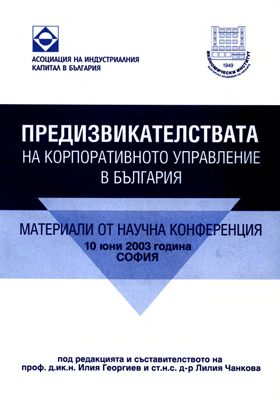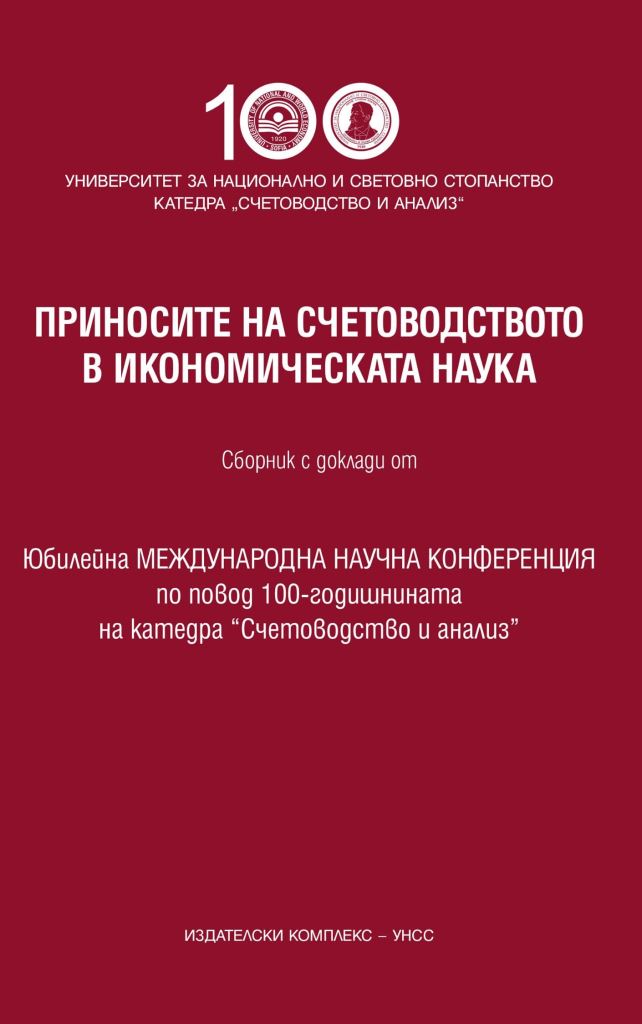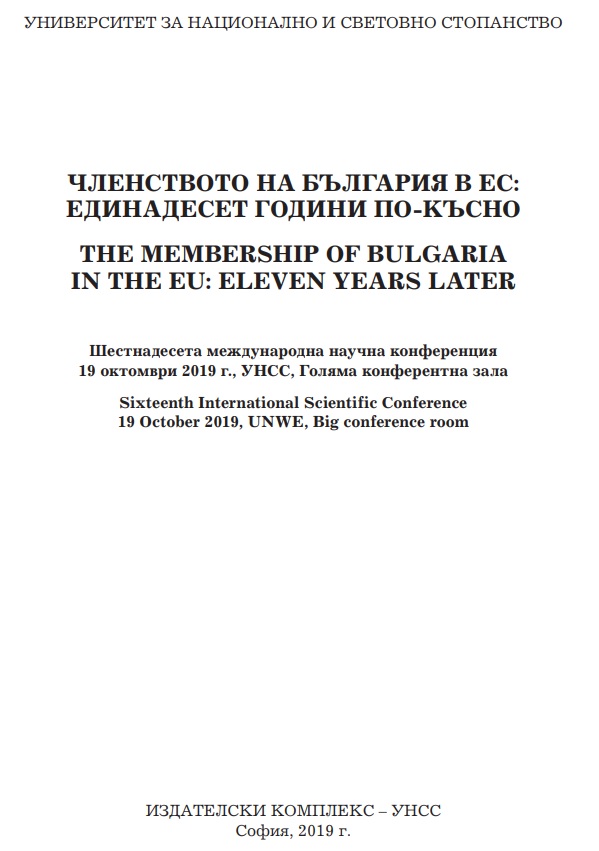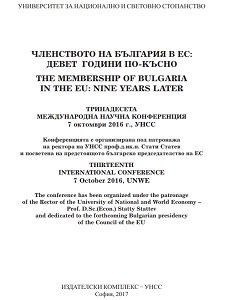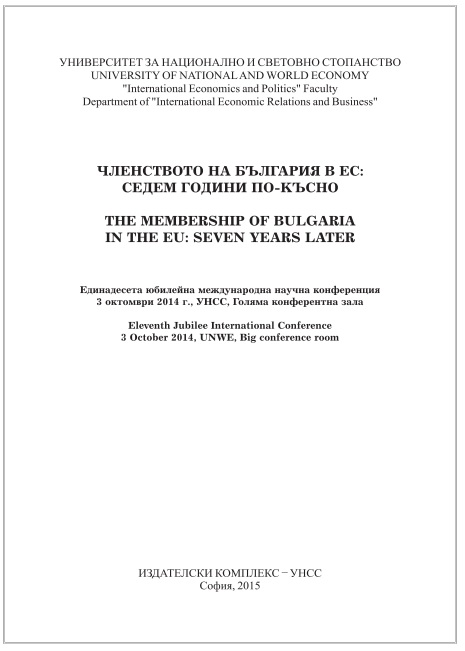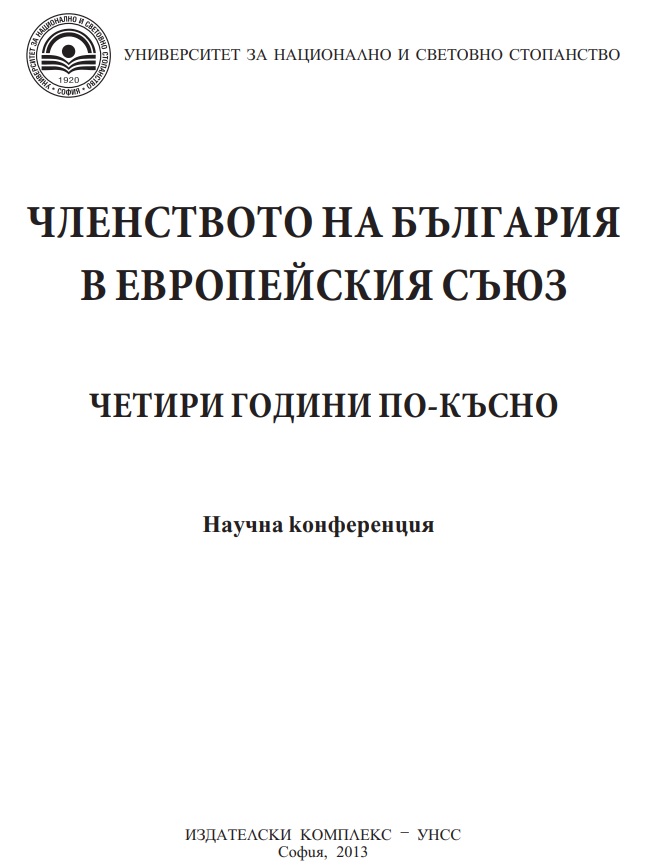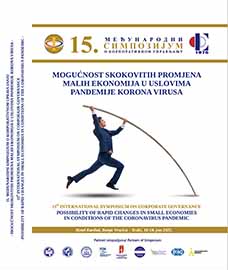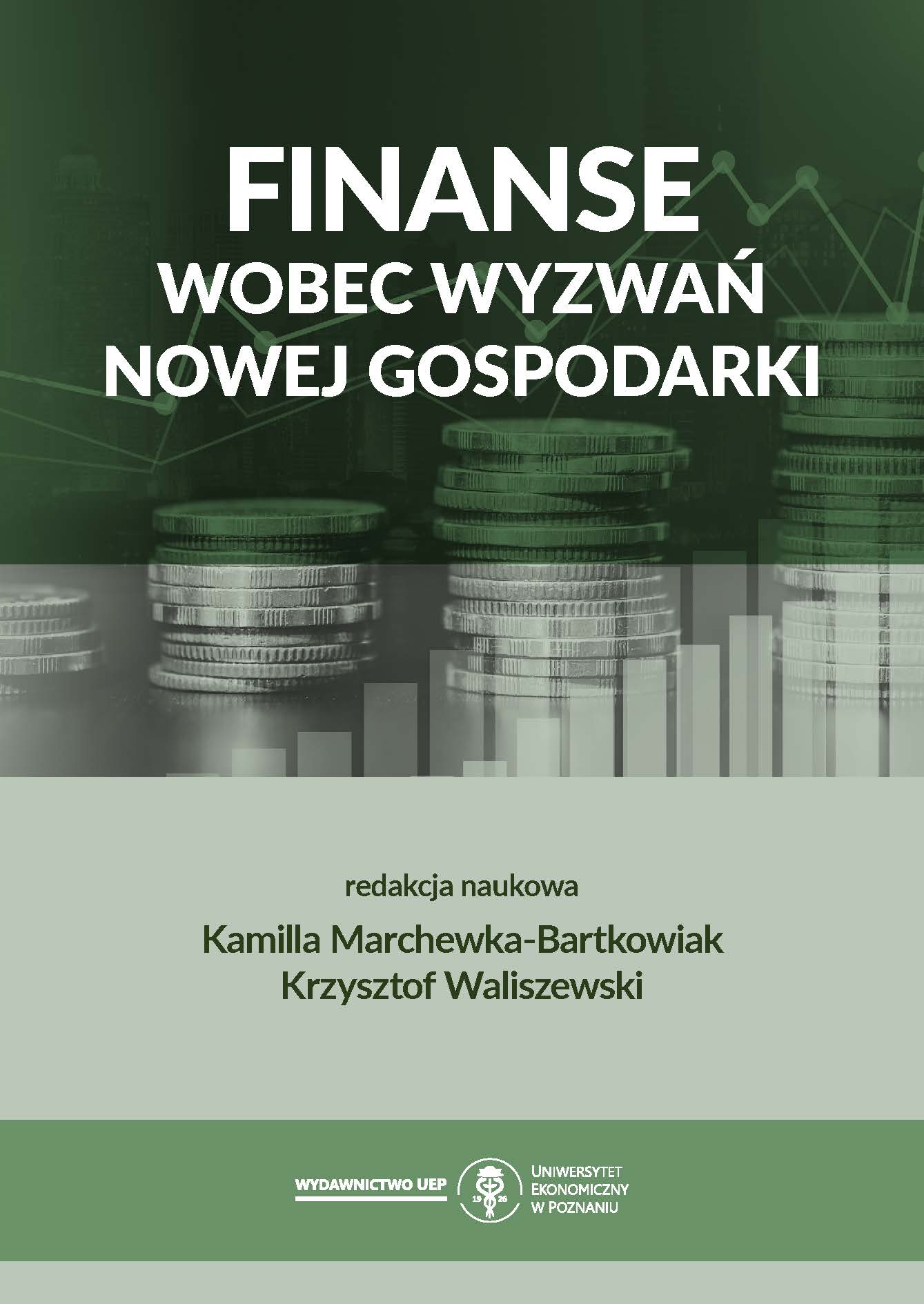Author(s): / Language(s): Polish
Monografia jest zbiorem tekstów powstałych z okazji Konferencji Katedr Finansów, która odbyła się 14 i 15 września 2023 r. w Centrum Edukacyjnym Usług Elektronicznych Uniwersytetu Ekonomicznego w Poznaniu. Na tom składa się 12 rozdziałów poruszających zagadnienia z różnych obszarów finansów: radykalnej niepewności i wiedzy niedoskonałej, finansów osobistych w kontekście ich metapersonalizacji, finansów publicznych, w tym problematyki podatkowej, czyli podatku od deszczu oraz podatku bankowego, a także pomocy publicznej w czasie pandemii COVID-19, bankowości komercyjnej w kontekście uwarunkowań wyniku finansowego banków w Polsce, przemian pracy w sektorze finansowym pod wpływem pandemii COVID-19, finansowania nowoczesnych technologii, bankowości centralnej, walut cyfrowych banku centralnego, bezpieczeństwa finansowego w czasach kryzysu i gwarantowania depozytów w okresie niestabilności lat 2008 i 2023. Autorzy poszczególnych rozdziałów reprezentują różne ośrodki naukowe (Uniwersytet Ekonomiczny w Poznaniu, Uniwersytet Ekonomiczny w Krakowie, Szkoła Główna Handlowa w Warszawie, WSB Merito w Poznaniu, WSB Merito w Szczecinie, Akademia Górnośląska im. Wojciecha Korfantego w Katowicach, University of London) oraz praktykę gospodarczą (Związek Banków Polskich), przez co monografia przynosi wieloaspektowe spojrzenie na finanse oraz Nową Gospodarkę, jak też na wyzwania związane ze współczesnymi kryzysami, z transformacją energetyczną i cyfrową oraz ze zrównoważonym rozwojem.
More...
